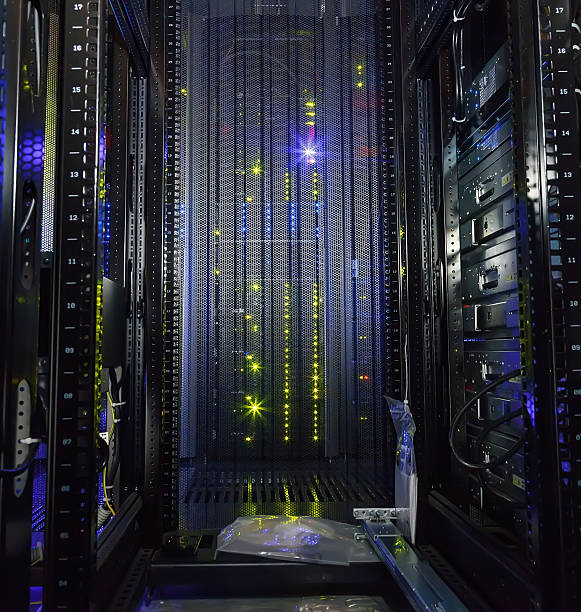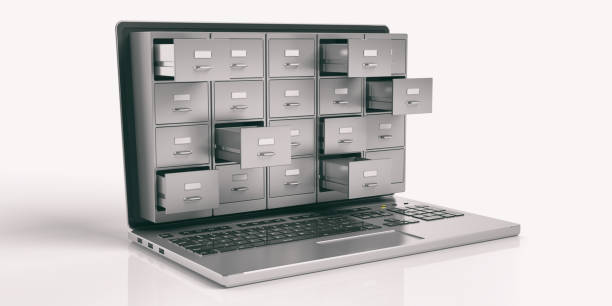Bare metal servers are physical machines with which companies and organisations can efficiently manage their data and applications in an autonomous and flexible manner. Designed for a single organisation, they provide better performance, stability and security for users. However, it is important to take into account certain factors in order to choose a bare metal server that meets the needs of your business. So what are the main considerations when choosing a bare metal server? This article proposes answers to this question. We invite you to read it for more information.
Performance of the bare metal server
Typically, bare metal servers are used to handle intensive workloads, including: databases, data processing applications and high performance applications. For this reason, it is crucial to take into account the performance of the bare metal server when choosing it. The processing power of a bare metal server depends on the processor, the amount of RAM and the speed of the hard disk.
For this reason, it is imperative to opt for a server with modern processors that have the capacity to handle large amounts of data at high speeds. In addition, it is important to ensure that the server is equipped with a large amount of RAM in order to be able to handle multiple tasks simultaneously. It is also important to choose a server with a hard drive that allows applications to quickly access the data you need.
Bare metal server storage capacity

Most of the time, bare metal servers are used to store large amounts of data such as: multimedia files, databases and backup files. It is therefore important to choose a server that has sufficient storage capacity to meet your business needs. In fact, some bare metal servers are equipped with multiple hard disks, which allows them to have a large storage capacity.
In addition, hard disks configured in RAID (Redundant Array of Inexpensive Disks) help improve storage redundancy and reliability. Therefore, it is imperative to consider the total storage capacity as well as the read and write speed of the hard disks when choosing a bare metal server.
Connectivity and security of the bare metal server
It is recommended to choose a server that offers fast and reliable network connectivity in order to benefit from optimal performance. Note that you have the option of choosing bare metal servers equipped with high-speed network cards. These include 10 GbE (Gigabit Ethernet) network cards and InfiniBand network cards that offer high network performance.
In addition, you should ensure that the server is compatible with other equipment in your network infrastructure by checking the connectivity protocols supported by the server. You also need to know how to use certain software in order to work quickly enough. These protocols include TCP/IP, iSCSI and SMB/CIFS. In addition, it is essential to ensure that the server has the security features that can protect your company’s data.
These features include authentication, encryption and access management. However, the bare metal server must comply with security regulations such as: HIPAA, PCI DSS and GDPR. Finally, it is important to choose a provider that offers 24/7 technical support and maintenance contracts.
